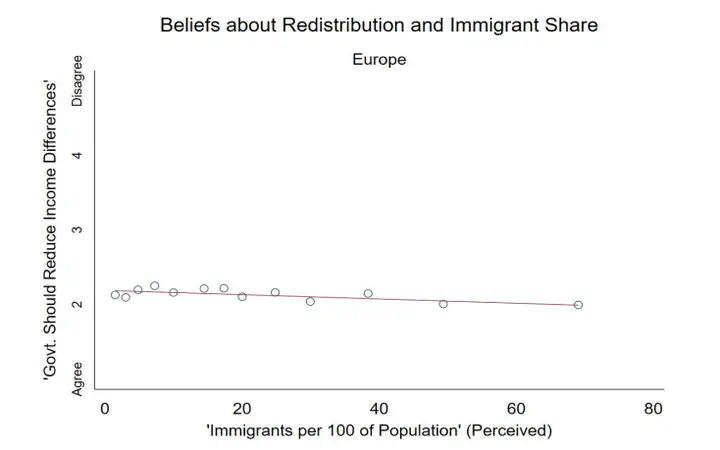Immigration and Redistribution

Abstract
One of the fundamental questions in the social sciences is whether modern welfare states can be sustained as countries welcome more immigrants. On theoretical grounds, the relationship between immigration and support for redistribution is ambiguous. Immigration may increase ethnic diversity, which may reduce the support for redistribution. On the other hand, natives may demand more redistribution as an insurance against labour market risks brought by immigration. In this chapter, we review the theoretical and empirical literature on immigration and redistribution from across the social sciences. We focus on two themes, namely the effect of immigration on natives’ support for redistribution, and the effect on the actual setting of tax and spending policies. Recent empirical evidence suggests that immigration lowers the support for redistribution and leads to lower taxation and spending. However, the magnitude of these effects appears to be highly context-dependent.